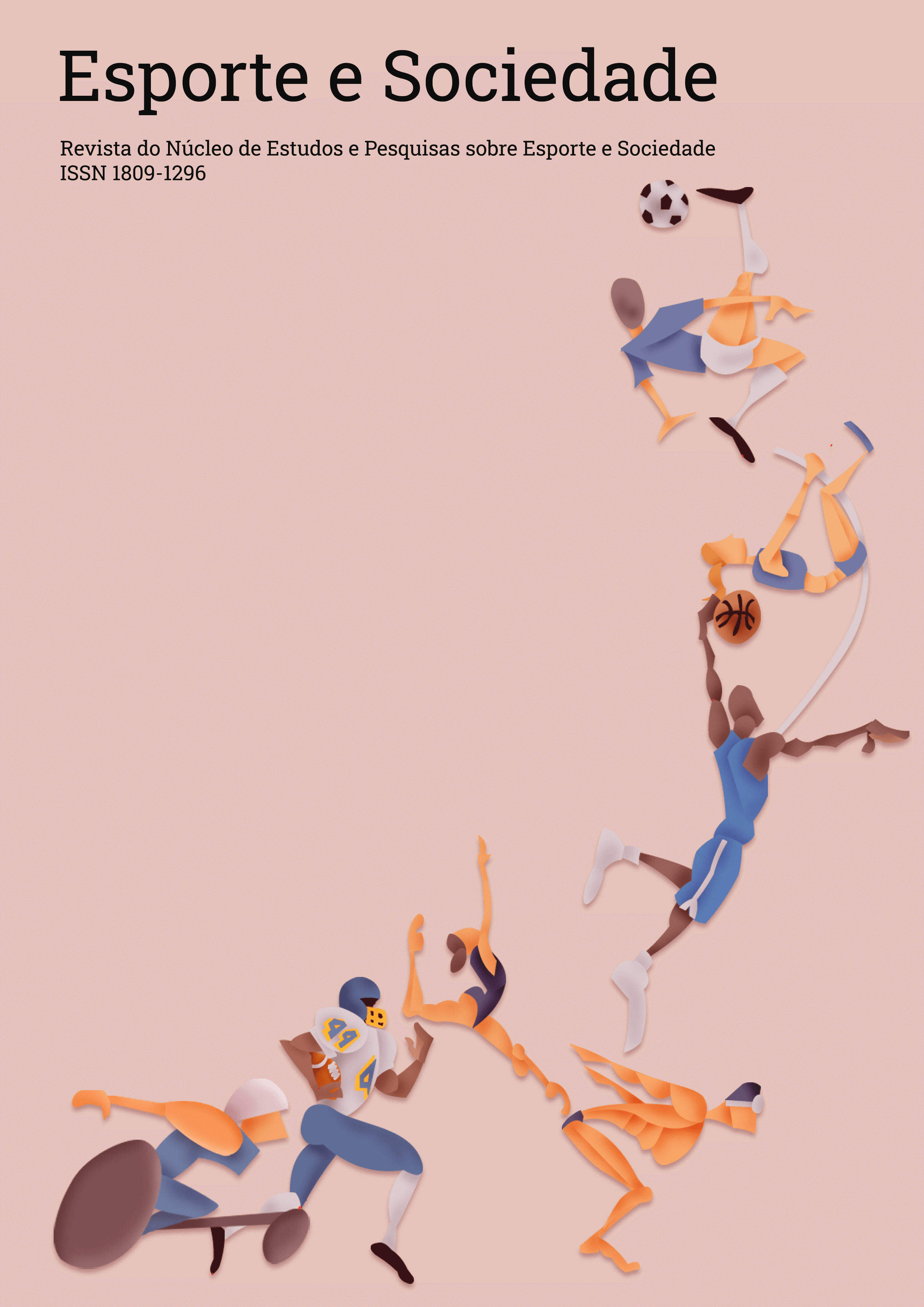MUDANÇAS E CONTINUIDADES NAS PRÁTICAS ALIMENTARES DO ATLETA MIGRANTE
Abstract
Food, besides being a main factor for sports performance, affects the adaptation of athletes who migrate. In this research, the objective was to understand meanings and representations of food to migrant athletes and the influence of this process on food choices and athletic performance. The research interviewed ten athletes from five different sports, who migrated to diverse countries. The thematic analysis generated five categories: Migratory Trajectories: the professionalization was the main motivation for migrating; Food Practices in Home Country: family practices substantially influenced athletes’ food habits in their home country; Food Practices in Host Country: Daily Practices: the major adaptation strategy was integration, establishing a balance between both food cultures; Eating To Win: we identified a predominant logical approach to eating act and hug association with sports performance; Nostalgia and Returning Home: even though missing specific foods was common, it did not bring any negative influence in adaptation or performance. It was possible to understand the factors which influence changes and continuities on migrant athletes’ eating practices. We concluded that as athletes have a predominating physiological reasoning about eating and not as much with the expression of their cultural identity but it seems to facilitate this group’s food adaptation.


